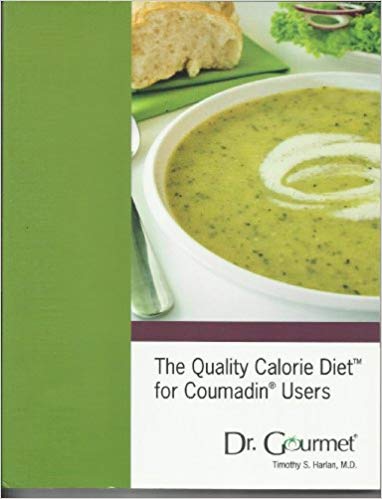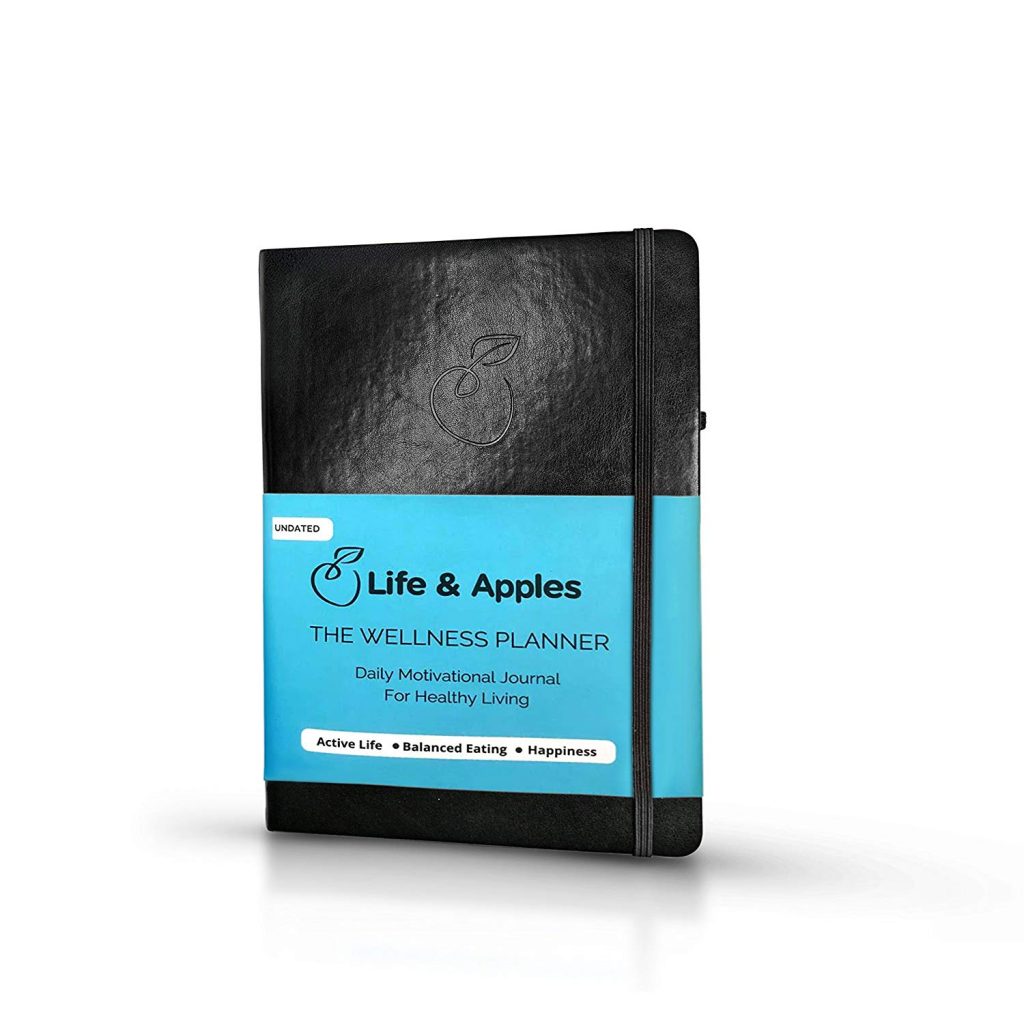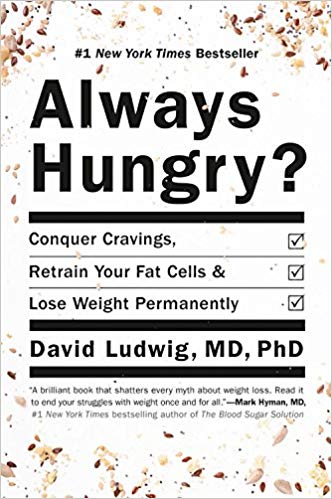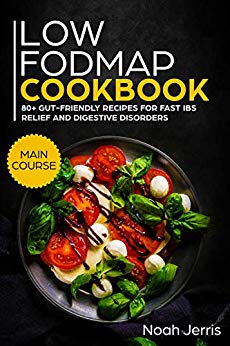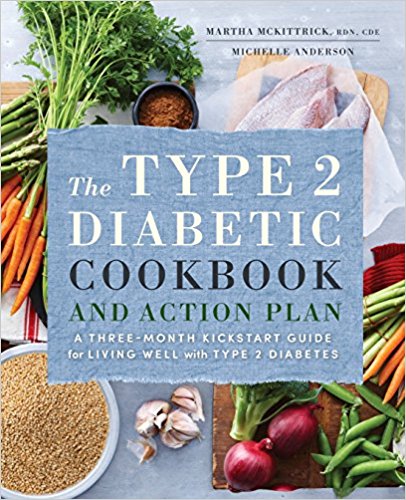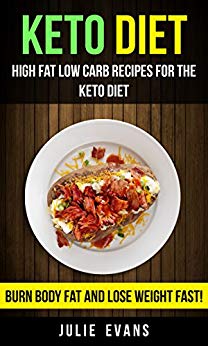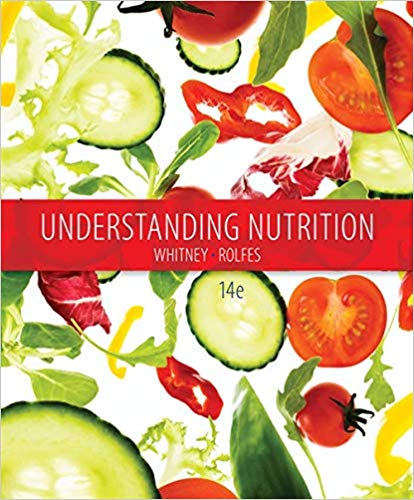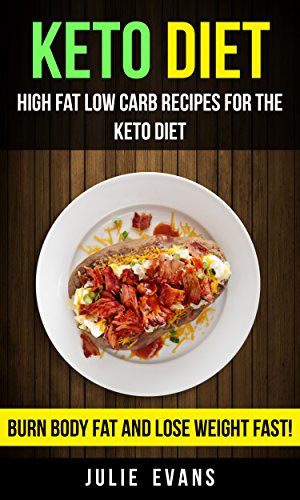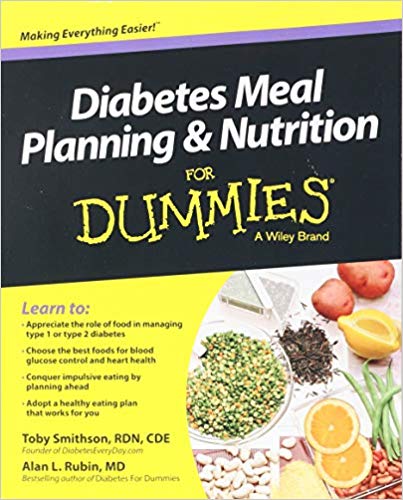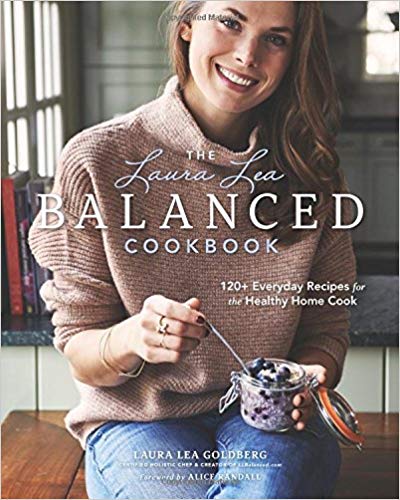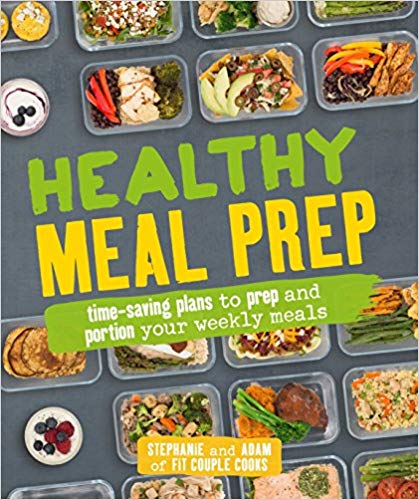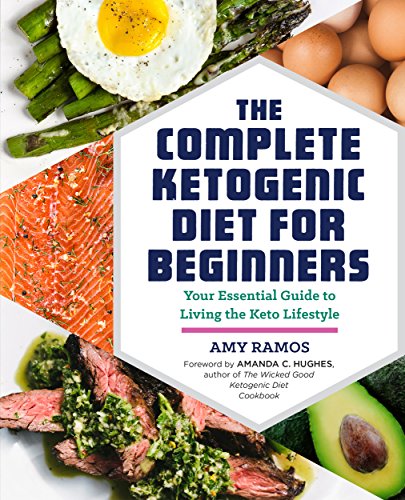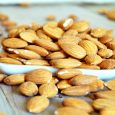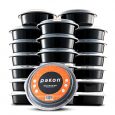We’ve been made to believe that all calories are created equal. If you take in more calories than you burn, then you’ll gain weight. Even the most healthiest diets focus on calorie consumption and choosing foods that are low in calories but still filling. While it’s true that you don’t want to fill the body with excess calories – and therefore, excess pounds – there is some validity to quality over quantity. The types of calories you get are more important than the quantity of them.
Does this mean you can be less focused on weighing foods and more focused on eating the right foods? Maybe.
The Role of Calories
A calorie is a measure of energy that is provided to the body. When eating a piece of food, the calorie count is the amount of energy the body receives. The body then uses these calories for a number of functions, including breathing, pumping blood, exercising and even resting. So, if you were to eat a granola bar with 150 calories, those 150 calories are fuel for the body and will be used for various functions.
When you eat more calories than you use, they are stored as fat, and this is what makes you gain weight. The concept behind most diets is to reduce the number of calories you take in so that no extras are stored as fat. While the idea is correct to a point, the problem is that many people cut their calories but don’t focus on the quantity of calories they are putting into their body. Without good quality calories, you may cut down on what you eat but still have trouble losing weight.
The Dangers to Cutting Out Calories
For many dieters, their first step is to cut calories, and they do this by skipping meals. They may also eliminate high-calorie foods from their diet, even if those calories come from nutritious foods like nuts or beans. This approach will work against weight loss because cutting too many calories will lead to an increased appetite. When your body is deprived of nutrients, it begins craving foods, and this makes it hard to control your portion sizes and the types of foods that are chosen.
When calories are withheld, the body also goes into a panic-like state. It doesn’t know when it will get a full meal again, so it stores everything it can. A body that is inadequately fueled with healthy foods will drop muscle weight instead of fat, so what you are actually seeing in the beginning is the loss of lean muscle, which you need to be healthy and manage your weight.
How Many Calories Should I Be Eating?
The goal is to consume healthy calories while staying within a reasonable range. Your body needs quality calories to function properly, but too many will be counterproductive to weight loss. It’s recommended to find a calorie intake that is right for your body, which is based off your metabolic rate. Your resting metabolic rate is based on your body weight multiplied by 10.
For example, a 145 pound woman has a resting metabolic rate of 1,450. This is the minimum number of calories she will need each day. She can maintain her weight with up to 2,000 calories a day because of the extra energy that is needed to work, exercise and do other activities.
Eat to Fuel the Body
In order to reap the benefits of fueling your body from food, you must choose quality calories. Calories are found in just about anything, but they aren’t treated equal. Here’s how you should build your plate:
A calorie is a measure of energy that is provided to the body. When eating a piece of food, the calorie count is the amount of energy the body receives. The body then uses these calories for a number of functions, including breathing, pumping blood, exercising and even resting. So, if you were to eat a granola bar with 150 calories, those 150 calories are fuel for the body and will be used for various functions.
When you eat more calories than you use, they are stored as fat, and this is what makes you gain weight. The concept behind most diets is to reduce the number of calories you take in so that no extras are stored as fat. While the idea is correct to a point, the problem is that many people cut their calories but don’t focus on the quantity of calories they are putting into their body. Without good quality calories, you may cut down on what you eat but still have trouble losing weight.
The Dangers to Cutting Out Calories
For many dieters, their first step is to cut calories, and they do this by skipping meals. They may also eliminate high-calorie foods from their diet, even if those calories come from nutritious foods like nuts or beans. This approach will work against weight loss because cutting too many calories will lead to an increased appetite. When your body is deprived of nutrients, it begins craving foods, and this makes it hard to control your portion sizes and the types of foods that are chosen.
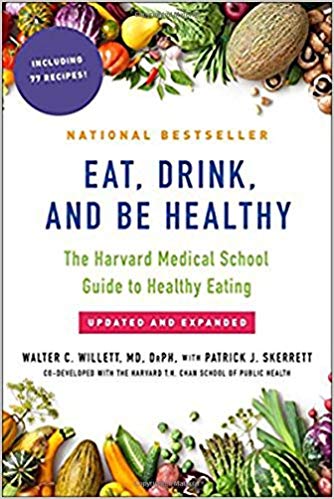
When calories are withheld, the body also goes into a panic-like state. It doesn’t know when it will get a full meal again, so it stores everything it can. A body that is inadequately fueled with healthy foods will drop muscle weight instead of fat, so what you are actually seeing in the beginning is the loss of lean muscle, which you need to be healthy and manage your weight.
How Many Calories Should I Be Eating?
The goal is to consume healthy calories while staying within a reasonable range. Your body needs quality calories to function properly, but too many will be counterproductive to weight loss. It’s recommended to find a calorie intake that is right for your body, which is based off your metabolic rate. Your resting metabolic rate is based on your body weight multiplied by 10.
For example, a 145 pound woman has a resting metabolic rate of 1,450. This is the minimum number of calories she will need each day. She can maintain her weight with up to 2,000 calories a day because of the extra energy that is needed to work, exercise and do other activities.
Eat to Fuel the Body
In order to reap the benefits of fueling your body from food, you must choose quality calories. Calories are found in just about anything, but they aren’t treated equal. Here’s how you should build your plate:
- Load half the plate with colorful fruits and vegetables
- Use one-quarter of the plate for whole grains, starchy veggies and legumes
- The other quarter of the plate should have higher calorie, protein-rich foods
It may seem like the obvious choice when trying to lose weight: skip meals to cut down on calories. Yet this effort will be frustrating because you will end up losing muscle mass and regaining the weight you had lost. Instead, aim for quality calories that fuel the metabolism and nourish the body. This will help you lose weight and keep it off for the long term.


